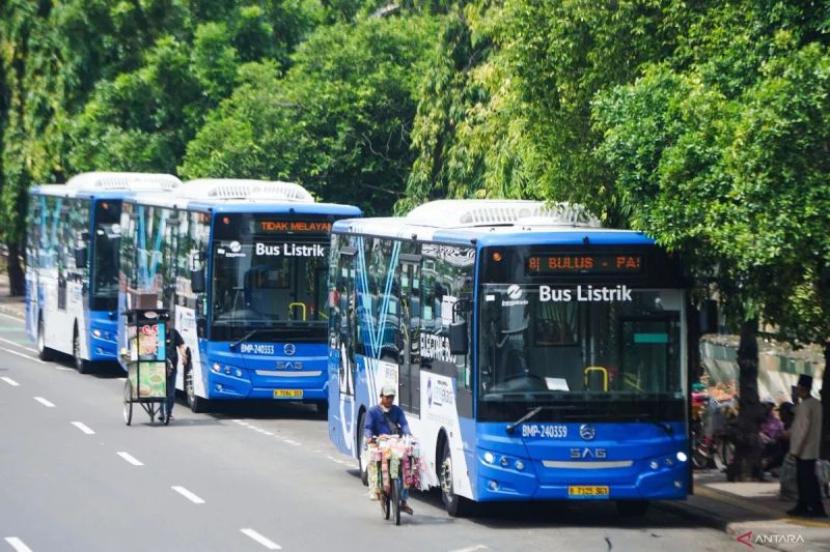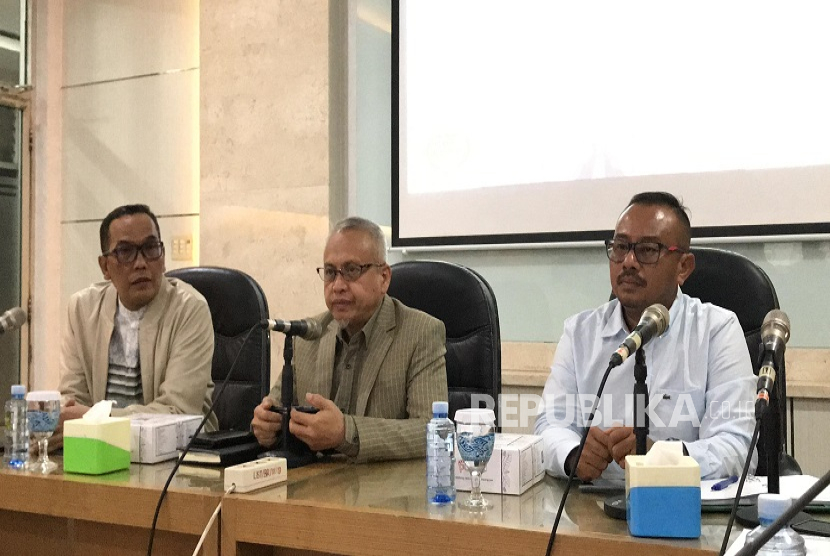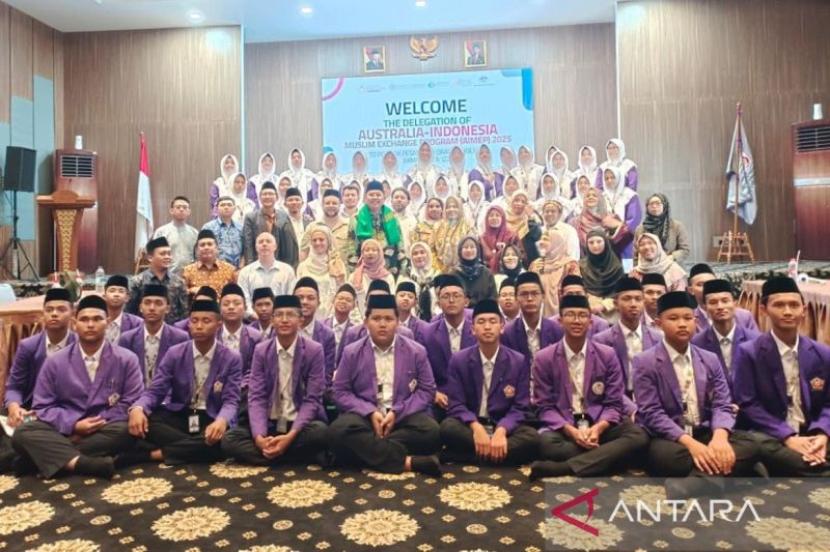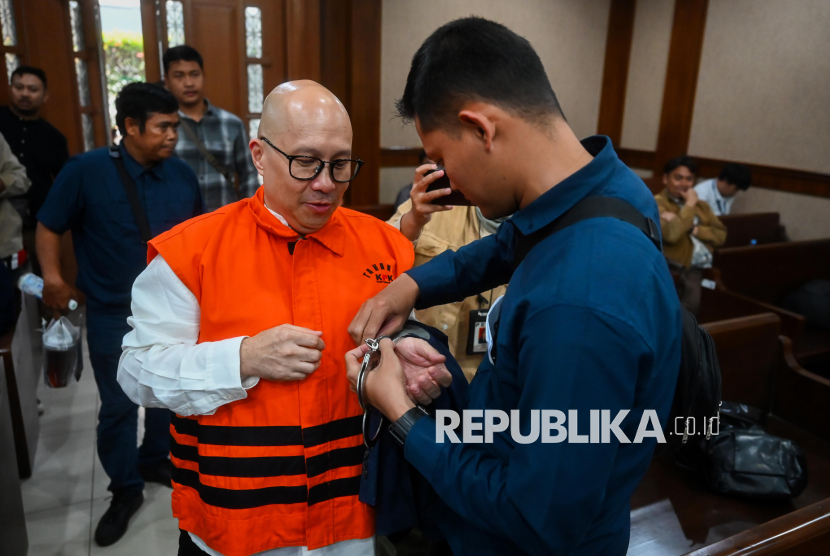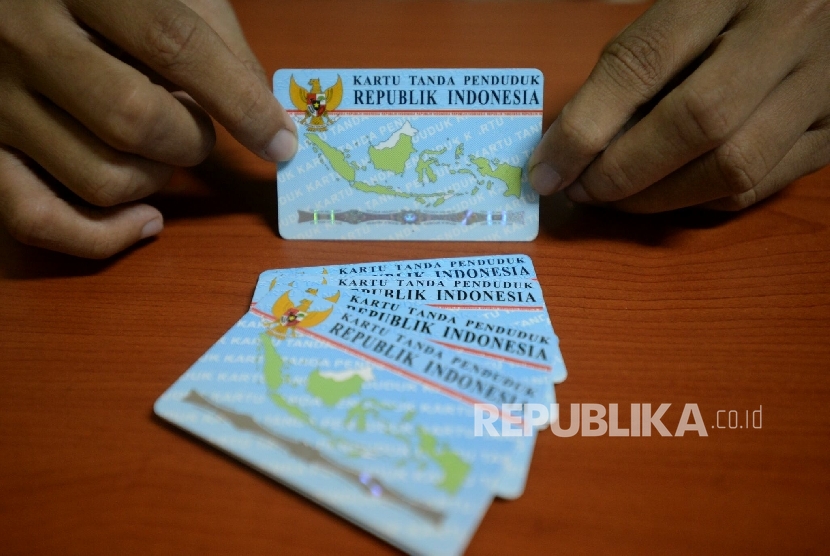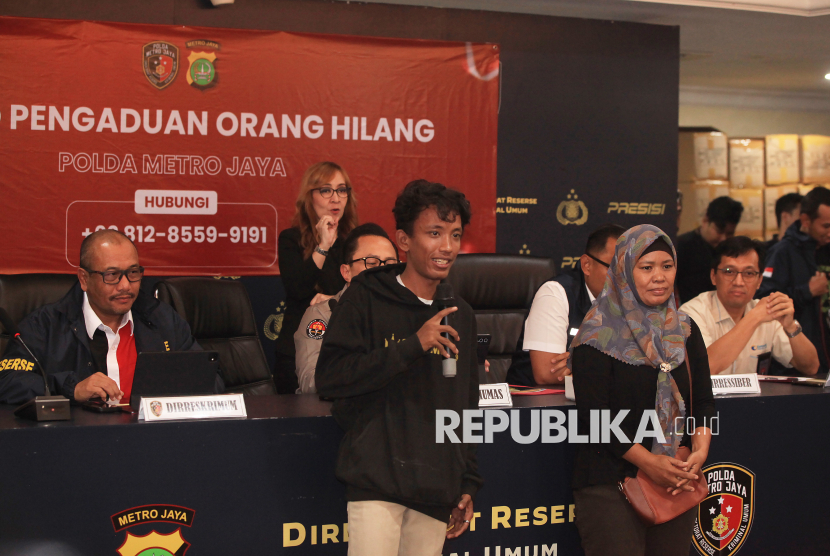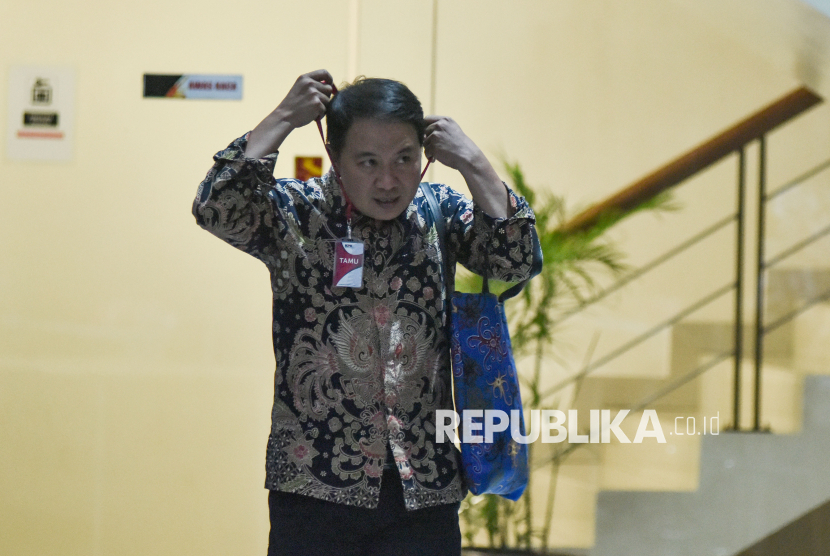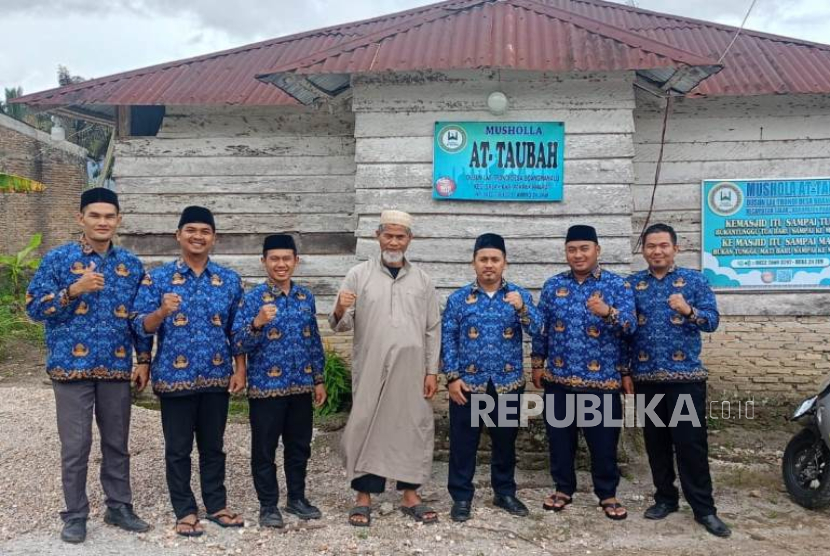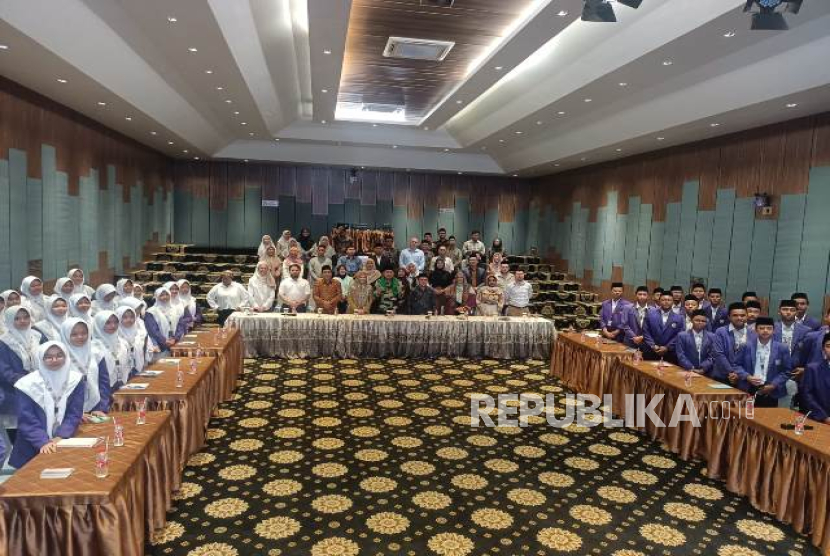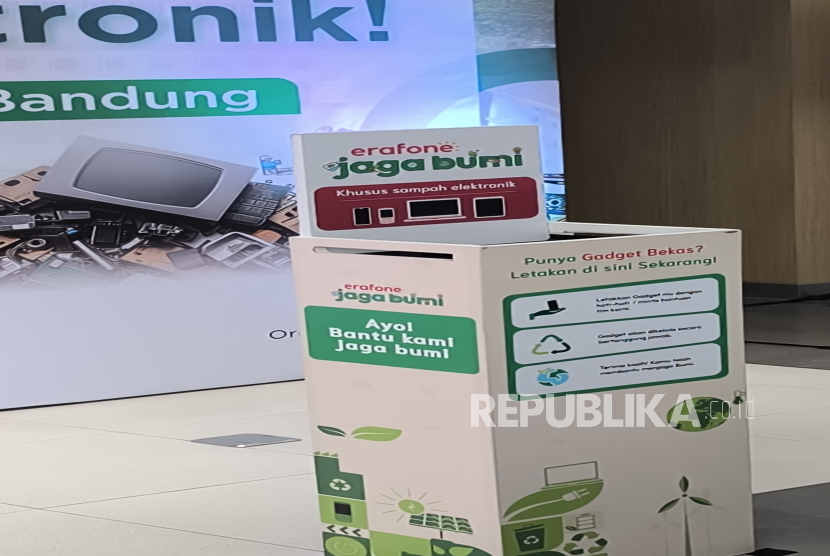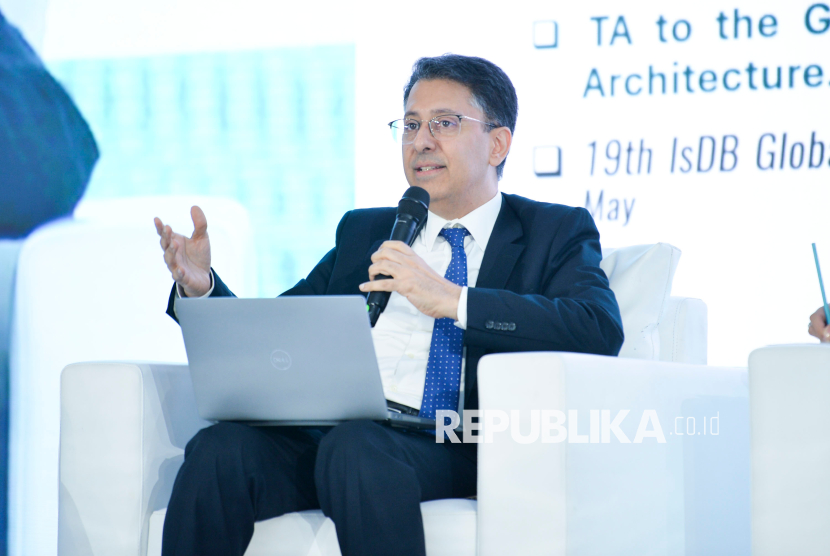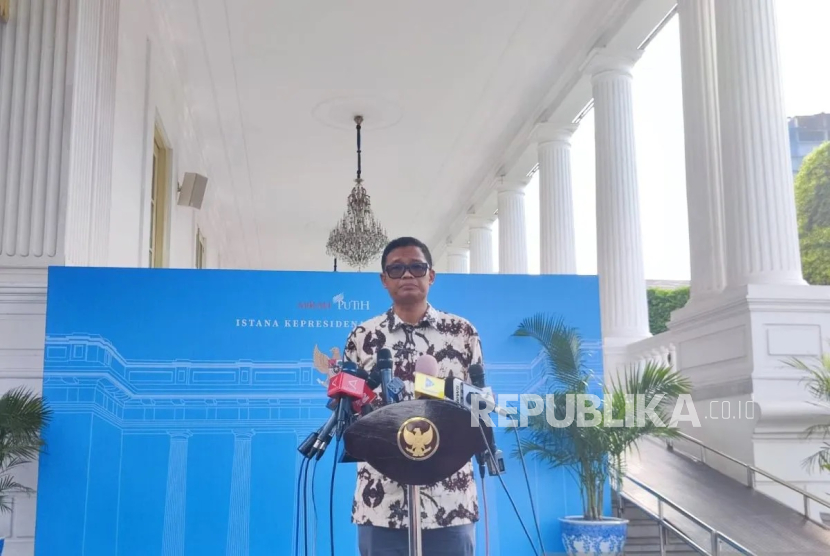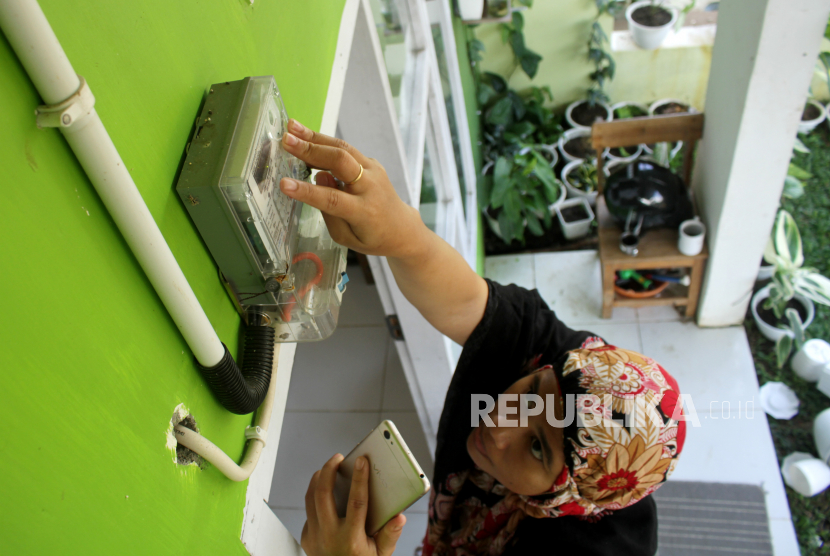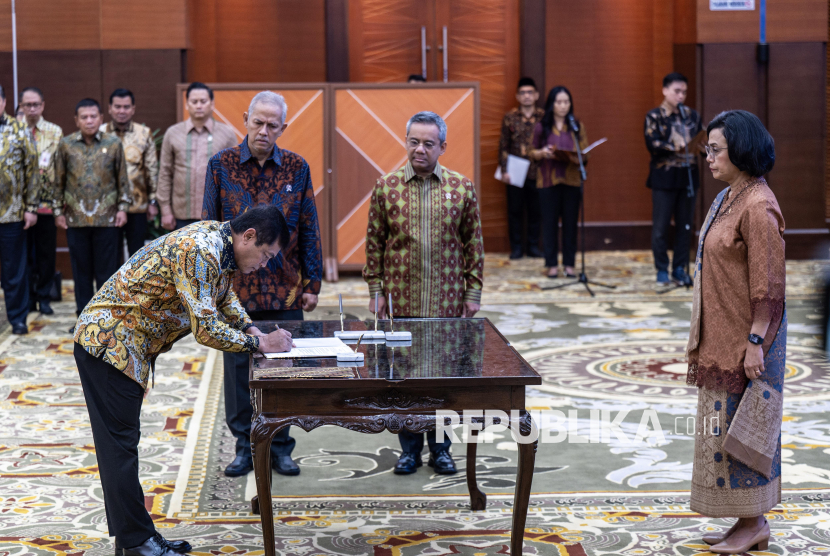
Teknologi | 2025-06-03 12:01:02
This is not just a technical flaw—it’s a moral failure. When algorithms make life-altering decisions, the burden of fairness becomes paramount. Laboratories developing AI models must now embed ethical testing into their workflow. It's not enough to assess accuracy; developers must also evaluate how their systems treat different groups of people.
At Telkom University, AI research is being guided by principles of fairness and inclusivity. Researchers are rethinking model design and creating more diverse datasets to reduce bias at the source. These initiatives are part of a broader push to ensure that emerging technologies serve all users equally, not just the privileged few.
Data Privacy and Ownership
AI relies on massive volumes of data—much of it collected from users, often without their full understanding or consent. This raises critical ethical questions: Who owns the data? How should it be used? What rights do users have over their information?
In the race to innovate, some startups and tech companies have skirted ethical lines when harvesting data. From social media algorithms to AI-powered health apps, there are growing concerns about surveillance, manipulation, and the erosion of privacy.
In academic laboratories, the challenge is to model responsible data usage. This includes transparent consent forms, data anonymization protocols, and ethical review boards. Such practices are already being implemented in data science projects at Telkom University, where student researchers are trained not just in how to collect data, but in how to respect it.
By integrating privacy-focused thinking early in the development pipeline, universities are helping future AI professionals build systems that respect individual autonomy—a foundational ethical principle.
Accountability in Autonomous Systems
When AI systems act autonomously—such as in self-driving cars or automated medical diagnostics—determining responsibility becomes murky. If an AI makes a harmful decision, who is to blame? The engineer? The organization? The AI itself?
This challenge intensifies as more decisions are handed off to machines. Entrepreneurs and innovators launching AI startups must factor in liability and ethical risk. It’s no longer acceptable to claim ignorance of a system’s failures if the consequences affect people’s safety, freedom, or wellbeing.
At Telkom University, entrepreneurship programs are addressing this by introducing ethical impact assessments alongside business plans. Students building AI applications are encouraged to consider worst-case scenarios, edge cases, and unintended consequences before going to market. This builds a more responsible innovation culture—one where profit and ethics coexist.
AI in the Wrong Hands: Dual-Use Dilemmas
AI is a dual-use technology—it can be applied for beneficial or harmful purposes. The same facial recognition that improves security at airports can also be used for mass surveillance by authoritarian governments. Similarly, AI models trained to generate human-like text can be weaponized for disinformation and propaganda.
This ethical tension creates a dilemma for developers: How do you innovate without empowering misuse?
To address this, many university laboratories are incorporating ethics modules into their AI research curriculum. Students and faculty are being trained to think critically about the dual-use nature of their work. Responsible disclosure practices, open-source limitations, and ethical publication standards are part of the solution.
Telkom University, for example, has initiated discussions among its AI research community to explore how to balance openness in research with the need for safety and restraint. These conversations are vital in a world where AI knowledge is increasingly accessible.
The Threat of Job Displacement
One of the broader ethical challenges of AI is its potential to displace workers. As automation expands into areas like customer service, transportation, and manufacturing, millions of jobs could be rendered obsolete. This disruption has real consequences for livelihoods, families, and communities.
Although technological progress has always transformed labor markets, the speed and scale of AI adoption make this wave of disruption more intense. Ethical development means preparing for these consequences—not ignoring them.
This is where entrepreneurship plays a dual role. While AI might eliminate some jobs, it also opens space for new businesses, new roles, and new services. Startups that use AI to create rather than destroy jobs can lead the way. Universities can help by fostering ventures that build ethical, inclusive technology—where economic opportunity is shared, not concentrated.
At Telkom University, entrepreneurship initiatives are supporting student-led AI ventures focused on upskilling workers and creating human-AI collaboration tools. These approaches point toward a future where AI complements rather than replaces human labor.
Lack of Global Governance and Ethical Standards
Unlike medicine or nuclear energy, AI currently lacks a comprehensive international regulatory framework. This creates a “Wild West” environment where ethical standards vary dramatically across borders. Companies and research institutions are left to self-regulate—a model that often fails under pressure.
There is growing consensus that AI governance must be global, inclusive, and adaptive. However, reaching agreement on ethical norms is complex, particularly when geopolitical interests come into play.
Universities have a critical role to play here. Through international collaboration and thought leadership, they can help shape ethical guidelines that transcend national boundaries. Institutions like Telkom University are participating in global academic networks focused on AI policy, contributing to conversations that may eventually form the basis for responsible global governance.

Disclaimer
Retizen adalah Blog Republika Netizen untuk menyampaikan gagasan, informasi, dan pemikiran terkait berbagai hal. Semua pengisi Blog Retizen atau Retizener bertanggung jawab penuh atas isi, foto, gambar, video, dan grafik yang dibuat dan dipublished di Blog Retizen. Retizener dalam menulis konten harus memenuhi kaidah dan hukum yang berlaku (UU Pers, UU ITE, dan KUHP). Konten yang ditulis juga harus memenuhi prinsip Jurnalistik meliputi faktual, valid, verifikasi, cek dan ricek serta kredibel.
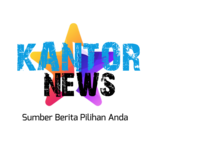
 3 months ago
67
3 months ago
67
